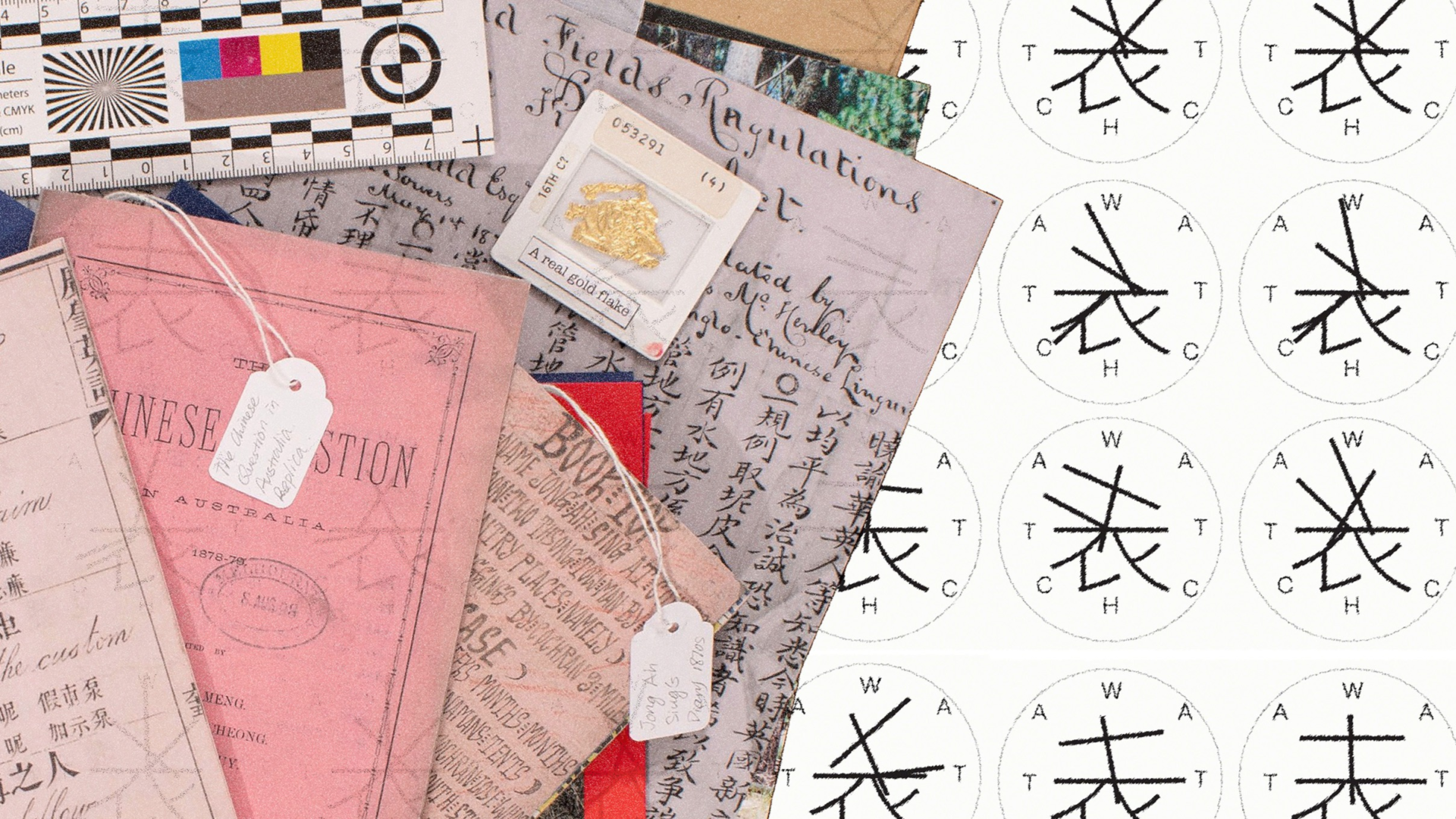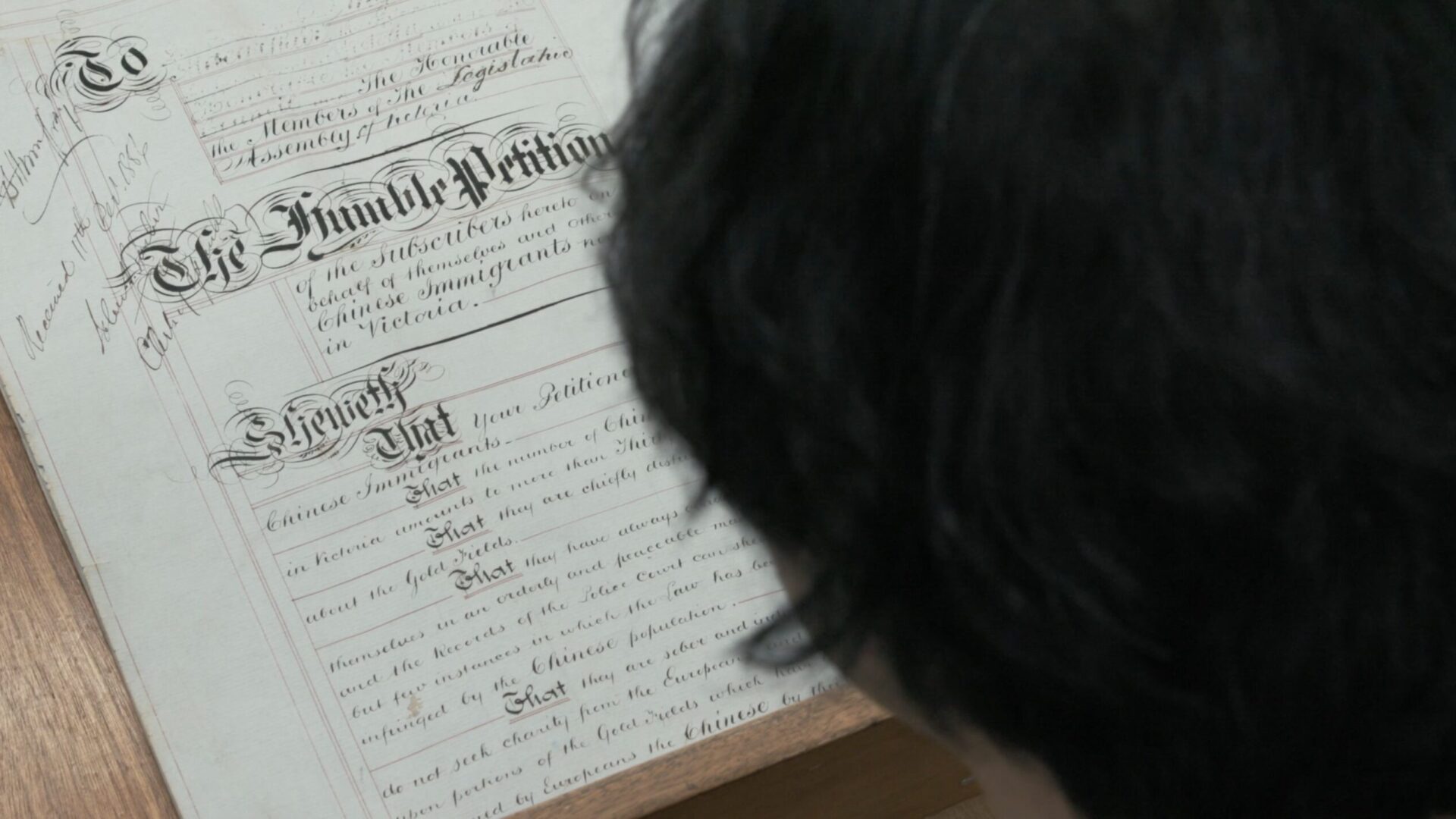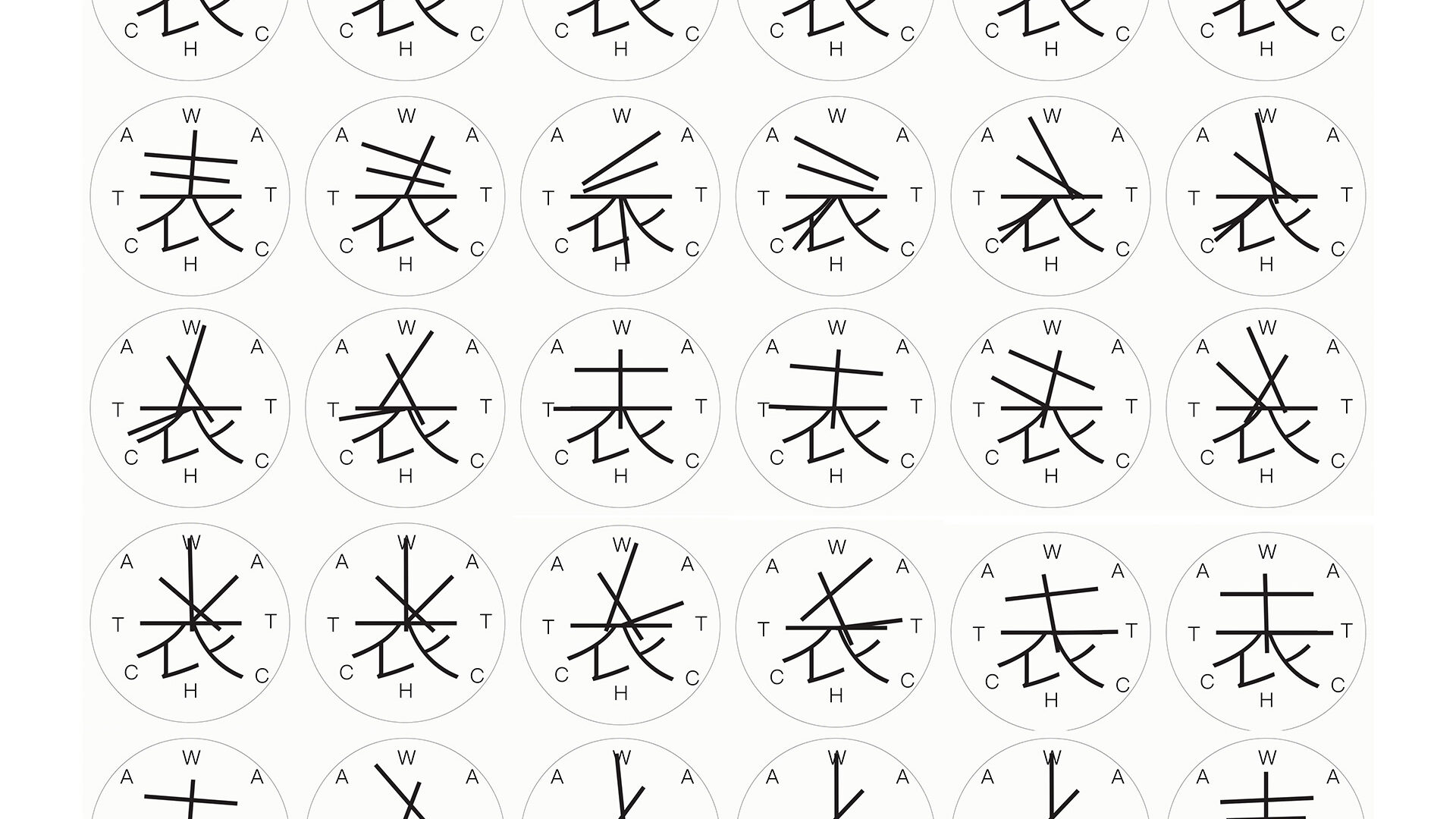



And the Word was God (神) Past Event
Tickets
Dates
Venue
Access
All gender bathroom, Seating available, Wheelchair accessibleA collaboration between three first-generation Chinese Australians working in video art, poetry and typography design, And the word was God (神) draws upon their lived experience to explore how the languages they speak are used, exchanged and transformed across time. Through the sympathy between three modalities of practice, this exhibition discovers dynamic connections between the past, present and future of language exchange in Australia.
And the word was God (神) is an immersive exploration of language and its appearances in a world where diverse cultures have the opportunity to thrive side by side with each other. It invites audiences to reflect upon their own experiences with language in order to foster dialogue and understanding on the path to a future of multicultural flourishing.
Participants
Ming Liew is a lens-based artist and a PhD student at RMIT. His practice draws upon his Chinese-Australian bicultural identity, combining ethnography and visual storytelling to examine the immigrant experience in contemporary Australia. Accentuating the paradoxes between lived and prescribed sociocultural realities, Ming uses his artworks to advocate for understanding that transcends linguistic, cultural, and social barriers.
Ben Qin is a poet and the Projects Coordinator at the Museum of Chinese Australian History. Observing a principle of the fundamental entwinement between form and content in writing, he composes poetry specifically to interact with unconventional media. His poetry demonstrates how media are not without their own saturation of meaning and how the use of new forms of media, from domestic furniture to photographs, deepen our manners of understanding. Through these unexpected appearances for poetry, Ben explores an emerging Chinese Australian experience.
Xinyuan (Caesar) Li is an independent designer and a Studio Assistant in the School of Design and Social Context at RMIT. His design practice involves using digital technologies to augment Western design styles with traditional Chinese aesthetics in typography, type design and identity design. He speculates on the co-existence of visual forms in the English and Chinese languages to cultivate transcultural narratives in the realm of contemporary design.
Dates
Tickets
Venue
Access
All gender bathroom, Seating available, Wheelchair accessibleA collaboration between three first-generation Chinese Australians working in video art, poetry and typography design, And the word was God (神) draws upon their lived experience to explore how the languages they speak are used, exchanged and transformed across time. Through the sympathy between three modalities of practice, this exhibition discovers dynamic connections between the past, present and future of language exchange in Australia.
And the word was God (神) is an immersive exploration of language and its appearances in a world where diverse cultures have the opportunity to thrive side by side with each other. It invites audiences to reflect upon their own experiences with language in order to foster dialogue and understanding on the path to a future of multicultural flourishing.
Participants
Ming Liew is a lens-based artist and a PhD student at RMIT. His practice draws upon his Chinese-Australian bicultural identity, combining ethnography and visual storytelling to examine the immigrant experience in contemporary Australia. Accentuating the paradoxes between lived and prescribed sociocultural realities, Ming uses his artworks to advocate for understanding that transcends linguistic, cultural, and social barriers.
Ben Qin is a poet and the Projects Coordinator at the Museum of Chinese Australian History. Observing a principle of the fundamental entwinement between form and content in writing, he composes poetry specifically to interact with unconventional media. His poetry demonstrates how media are not without their own saturation of meaning and how the use of new forms of media, from domestic furniture to photographs, deepen our manners of understanding. Through these unexpected appearances for poetry, Ben explores an emerging Chinese Australian experience.
Xinyuan (Caesar) Li is an independent designer and a Studio Assistant in the School of Design and Social Context at RMIT. His design practice involves using digital technologies to augment Western design styles with traditional Chinese aesthetics in typography, type design and identity design. He speculates on the co-existence of visual forms in the English and Chinese languages to cultivate transcultural narratives in the realm of contemporary design.
